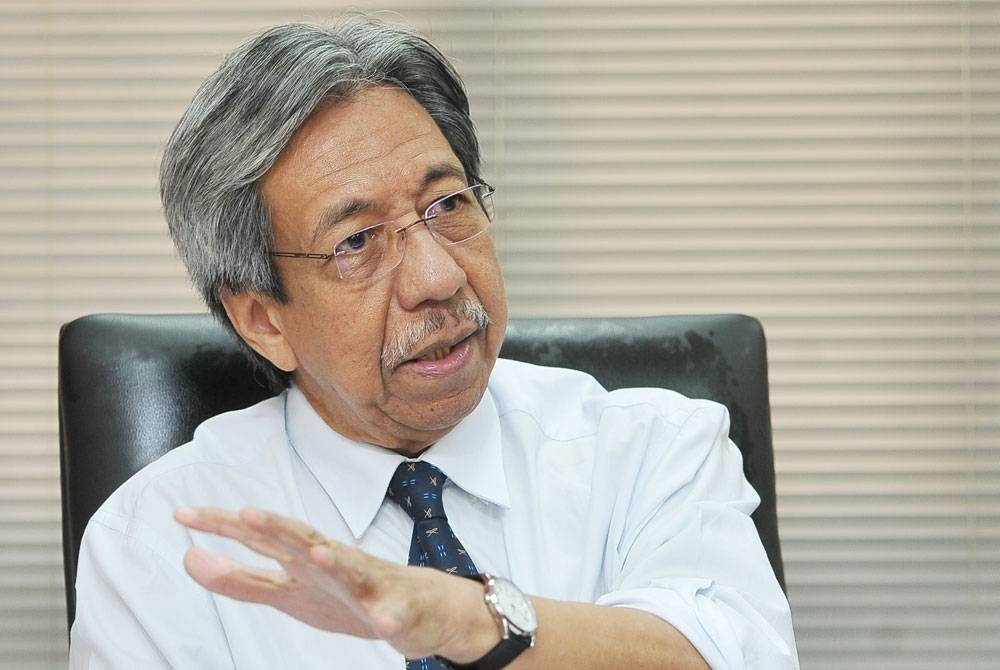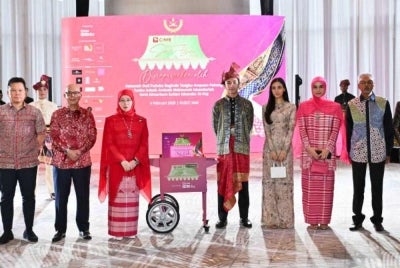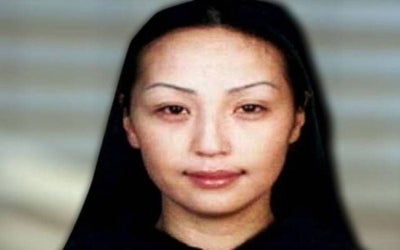Chinese schools hinder integration, says Teo Kok Seong
Teo initially raised the issue during an interview.

SHAH ALAM - Former principal fellow with Universiti Kebangsaan Malaysia’s Institute for Ethnic Studies Teo Kok Seong has stood by his statement saying that Chinese schools promote racial prejudice, prompting DAP lawmaker Teresa Kok to urge police to probe the principal fellow with the National Professors Council.
Speaking to Malaysiakini, Teo said that Kok was in denial about the realities within the Chinese Malaysian community.
"I did not say anything wrong. Everything that I had said is correct. It is the reality of conversations among the Chinese community," he was quoted saying by the portal.
Teo claimed that negative perceptions of the Malay and Indian communities are the norm among generations of Chinese in Malaysia, particularly evident on social media platforms.
"The remarks on social media largely disparage Malays," he said.
Teo initially raised the issue during an interview with The Merdeka Times, where he addressed persistent racial issues in Malaysia.
"One reason for these issues is the Chinese have looked down on the Malays.
"They refuse to integrate. They will only learn the basic (Malay language) to pass examinations, but object when asked to do more," he reportedly alleged.
Malaysiakini further reported that Teo claimed even Malays and Indians acknowledge this sentiment within the Chinese community.
In a TikTok video by The Merdeka Times, Teo suggested that vernacular schools hinder national unity by limiting communication between Chinese students and other ethnicities.
Despite neighboring countries like Indonesia and Thailand enforcing Chinese assimilation, Teo stated that Malaysian Chinese leaders have resisted such efforts, opting for integration instead.
"Minority Chinese and Indians who assimilate with Malay culture, forming sub-ethnic groups like Baba Nyonya and Chitties, are more accepted," he added.
Download Sinar Daily application.Click Here!















